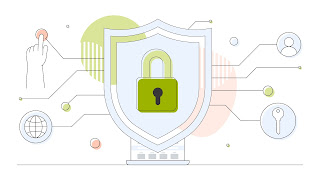I think technology is taking up a decent amount of my life but not to the point where I feel glued to my phone. Being at college away from home has made it hard for my parents to keep in touch with me because im so busy and it’s hard for them to tell how my day was just based on my voice. My mom is probably the person that I text and call the most, other then that my brother and my dad just send me funny or relatable tik- toks every now and then. The only downside to disconnecting is that if I take a nap, in practice, or in class, my mom usually has called or texted why i’m not responding or haven’t texted her back in awhile. Relying on technology like this could cause anxiety or panic attacks because assuming where someone really is or is really doing could raise overwhelming questions that can drain us. Educationally I think technology is a great platform for submitting assignments, posting announcements, and for research. There are downsides to online submission such as if you don’t have wifi or if the app that you are using isn’t working at the time. online submission and posting assignments are very convenient as you can open multiple tabs and have everything you need in one spot, not multiple papers that you could up losing or getting damaged. Regarding research it can be very controversial but it still can educate professors and students for projects and assignments, if you do you research checking right. A lot of articles these days are skewed, bias, and completely wrong at times to spread incorrect information, which is scary when you don’t fact-check what you’re reading and start to believe or spread things that aren’t true. Based on my digital footprint, If I were applying for a job today, the first thing my prospective employer would do is go online and find out as much as she or he could. Prospective employers would find that I go to High Point University, I am in a sorority, I am in involved in high points dance team, and that I live in the Charlotte area. When I googled myself this image showed up of me, wearing one of my dance team outfits. I think this is a great image to show that I am athletic, show spirit for my college, and I am committed to a group outside of academics. I am also very spread all over the internet, many instagram accounts such as my high school, dance studio from home, my hometown friends and college friends instagrams, my moms facebook, and sorority and athletic platforms. all of these accounts have multiple photos of me at events, holding awards, or a significant things like graduation, service opportunities, and involvement. I personally am very careful with what i post, who posts me, and how I interact on social media. In the past I have had friends who have gotten kicked off teams or suspended from school for posting threats or making hateful comments to other students or teachers. Being safe and honoring what should’ve private on social media is super important in my family, especially since i’m so involved.
Thursday, April 25, 2024
Our Relationship With Technology & Technology's Relationship With Us : Blog #12
Online Privacy and Digital footprint : Blog #11
Based on my digital footprint, If I were applying for a job today, the first thing my prospective employer would do is go online and find out as much as she or he could. Prospective employers would find that I go to high point university, I am in a sorority, i am in involved in high points dance team, and that I live in the charlotte area. When i googled myself this image showed up of me, wearing one of my dance team outfits. I think this is a great image to show that I am athletic, show spirit for my college, and I am committed to a group outside of academics. I am also very spread all over the internet, many instagram accounts such as my high school, dance studio from home, my hometown friends and college friends instagrams, my moms facebook, and sorority and athletic platforms. all of these accounts have multiple photos of me at events, holding awards, or a significant things like graduation, service opportunities, and involvement.
I personally am very careful with what I post, who posts me, and how I interact on social media. In the past I have had friends who have gotten kicked off teams or suspended from school for posting threats or making hateful comments to other students or teachers. Being safe and honoring what should’ve private on social media is super important in my family, especially since i’m so involved.
Being at college away from home has made it hard for my parents to keep in touch with me because im so busy and it’s hard for them to tell how my day was just based on my voice. My mom is probably the person that I text and call the most, other than that my brother and my dad just send me funny or relatable tik-toks every now and then. The only downside to disconnecting is that if I take a nap, in practice, or in class, my mom usually has called or texted why i’m not responding or haven’t texted her back in awhile. Relying on technology like this could cause anxiety or panic attacks because assuming where someone really is or is really doing could raise overwhelming questions that can drain us.
Wednesday, April 24, 2024
Living in the Age of AI : Blog #9
Artificial intelligence is a computer virus that infects achievable files. This virus is an infected file that modifies a computers functions, programs, and files. Based on an AI’s privacy, they are data-hungry and we have no-control on what they can access or can effect. AI can also assess our personal information and either tamper with it or destroy it, creating privacy issues.
The pro’s to AI is that they claim to have Error- free processing, by which any where and anytime, you can type in a topic, question, or acrticle that can then be analyized or defined for whatever youre looking for. Because of AI’s ability, they can take the execution of tasks by humans because they can provide correct answers in seconds without having to go through the pain of emailing or meeting with a professor or student in person. Because of AI’s 24/7 availability and unlimited access, AI is used by many students in order to complete assignments or correct their papers so that they don't have to take the extra step themselves and use their own cognitive thinking. The new use of AI being involved with video surveillance, border control, and threadt assessments that use alot of the national securities information for cybersecurity and strategic descion making. AI is even though to replace humans in the work field because of their instant cogjnitive skills, they can go through checks and balances, and any computer based information for an industry that fancies it.
The con’s to AI is that AI-based monitoring tools can sometimes provide skewed or false regulations that turn out to be biased. AI not only can prove wrong information, but it is a form of cheating for educational puruposes. Now, Professors and education systems can now detect an AI generated assignment through AI detection websites or even when reading an assignment, you can conclude the lack of creativity and word choice that the AI uses. If a student is then found with using AI for an assignment, there will be consequences nowadays that include being dropped, failed, or punished for their use of cheating. The most important thing that AI should never do is violate human rights. Because Ai can have the access to violate privacy rights, freedom of expression, and non- discrimination. It is crucial that AI should be stopped for many reasons as it is designed to harm indivuals and society.
Friday, April 19, 2024
The Progressive Era : Blog #6
Based on ANTIWAR.COM and The American Conservative, they produce strong antiwar voices that hard hard to find on national media. The reasons for this would be that they cover topics related to war, militatism, foreign policy, and civil liberties. These topics posted aim to provide alternative viewpoints that advocate for peace and coverage of current events.
It's possible that individuals feel the need to seek out more alternative websites like Antiwar.com in order to hear strong antiwar voices because these platforms prioritize and focus specifically on antiwar perspectives that aren’t frequently talked about because the media restricts these types of topics truthfully. Mainstream media outlets may not always give extensive coverage to antiwar viewpoints, as their editorial priorities and audience demographics heavily influence the topics they choose to highlight and what they can approve for their media.
The American Conservative is a website that provides news, analysis, and opinion pieces from a conservative perspective. It provides a platform for conservative voices that may differ from mainstream Republican or neoconservative perspectives, fostering debate and discussion within the conservative community. When it comes to researching these topics as they are three main issues that come with these posts, visibility, censorship, niche audience, and changing landscape. The visibility that these sites get is small because the funding towards mainstream media is not alot because they aren’t ranked as highly in search and promotion because those who overlook what is posted restrict this type of content so that other people real opinions and experience dont get “leaked”. This leads to censorshsip because the government or higher authorities so that there is a limit to those researching these educational topics. The niche audience that this creates is those who steer away from broader news and open outlets, simply searching up “anti war” on the internet pulls up articles about why finding certain topics are harsh and political topics like this is hard to find. Lastly, the landscape of the internet and what pops up on our explore page in this day and age could also be complicated because websites can come and go, change their original names, or shift their focus making it harder to find them.
EOTO presentations : Blog #10
Group 2’s presentation on the mediasphere grabbed my attention because of how the mediasphere affects our opinions and lifestyle everyday.
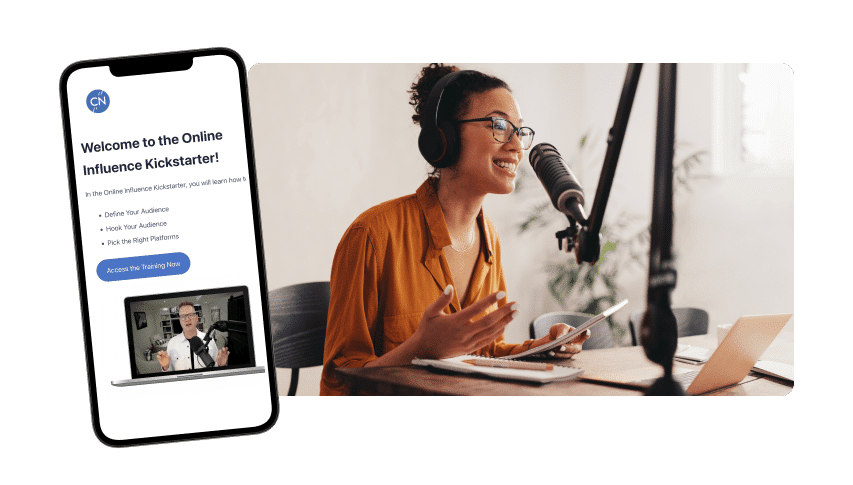
Online influence (mediasphere). “A person who has become well known through the use of the internet and social media, and uses celebrities to iendorese and promote ideas”. Online influencers have an internet personalicnity, experience, and a consumer that spreads their opinion to nasses. They are opinion leaders and can be bias in sharing advertisements. The underlying mechanisms of oline influence is credibility, trsutwoethiness, attractiveness, expertise, popularity, and familiarity.
 The effects of online influencers are new job opportunities, fast marketing tools, awareness, spread of information, reputation, and controversy. Regarding fast marketing tool, if an influencer has a lot of followers, views, or likes, their advertising is convenient as it is most likely to hit target audiences. With reputation, this could hurt the influencer is they have a past of credibility, misinformation, and disinformation.
The effects of online influencers are new job opportunities, fast marketing tools, awareness, spread of information, reputation, and controversy. Regarding fast marketing tool, if an influencer has a lot of followers, views, or likes, their advertising is convenient as it is most likely to hit target audiences. With reputation, this could hurt the influencer is they have a past of credibility, misinformation, and disinformation.
Next, alternative media is on blogs, cookbook blogs, and many ranges of social media sites. It gives authors a chance to write their topics on the internet, leading them to branch out on their own. Because of their separation from the government, their works can be no entirely true, leading them to spread fasle information. Citizen journalism is ordinary people who share news, and honestly they arent very beneficial.
The echochmaber occurs when an individual only has interactions with information, people, or sources that reinforce a specific narrative that is in line with their own views. Echochamber is caused by selective exposure and conformation bias. The implication of echochamber is the gravitation towards like-minded indivudauls, which could then create division. Online people lack empathy and public health risk rises.
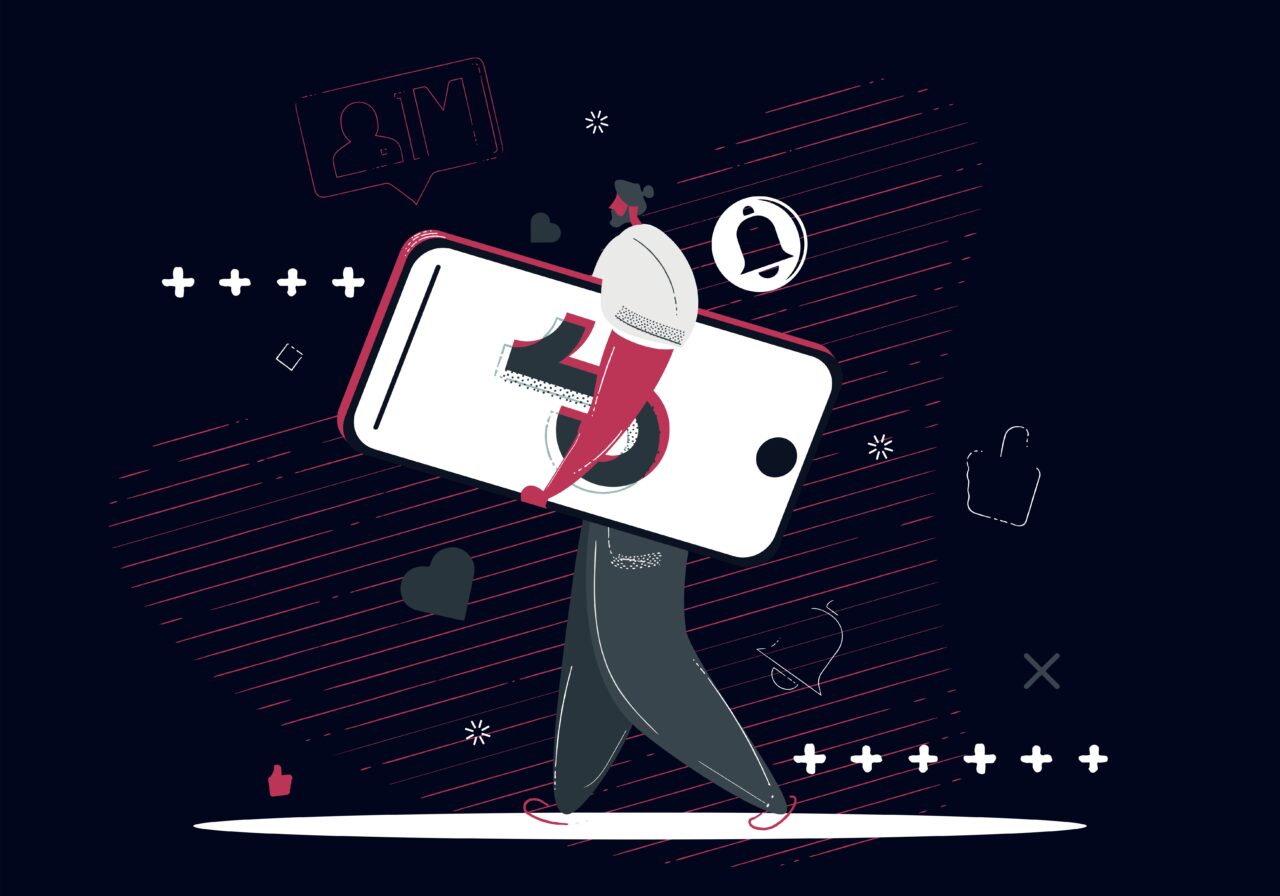
Positive and negative effects of echochamber include confirmation bias, virtual fellowship, and collective synergy. While misinformation, narrow-mindedness, and confirmation bias creates trust issues.Lastly , rechonizing echochambers is when 1 perspective is provided and opinions are rumbered to be incomplete.
Diffusion of Innovations : Blog #7
Email caught on and spread because computer scientists at MIT needed “knowledge and awareness” to find a way to communicate quickly via research and academic purposes, this then carried onto one of ARPAS's directors, Stephen Lukasik, as he strongly encouraged their “complex network” to use email.
Ray Tomlinson at BBN made an Optional Innovation-Decision and took the most significant step in 1972. He created a newly designed messaging system that is acceptable for the PDP-10 computer. Based on the diffusion of innovations article, the emails compatibility, timeline, and communication, made the email spark and very convenient for those first using it.
From Tomlinson's work, The Rise of the Electronic Email in 1971-1975 was deemed the most convenient way of communication. So many people became early adaptors of the e-mail, By 1976, 75% of the ARPANET traffic was electronic mail that allowed the communication of messages within an internal network. By the 1980s, Internet service providers had connected people worldwide, and email hosting sites had wanted to join in. For many new internet users, electronic email was the first practical application of this discovery. In 1993, electronic email changed its title to "mail," over the next few years, echo mail, Hotmail, and Yahoo shaped the internet and email world.
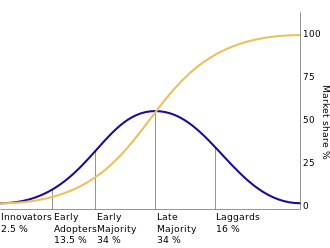 The tension for change in companies was successfully fulfilled by the e-mail because of the “innovation-system fit (compatibility), and assessment of implications (observability). Organizations can feel pressured by a tension for change and to change.” These companies increased marketing dollars and exposure to the World Wide Web to what it is today. Nowadays, the internet has exploded positively from 55 million users worldwide, making emailing an everyday activity. Emailing can contact friends, communicate with professors and supervisors, request information, and apply for jobs, internships, and scholarships.
The tension for change in companies was successfully fulfilled by the e-mail because of the “innovation-system fit (compatibility), and assessment of implications (observability). Organizations can feel pressured by a tension for change and to change.” These companies increased marketing dollars and exposure to the World Wide Web to what it is today. Nowadays, the internet has exploded positively from 55 million users worldwide, making emailing an everyday activity. Emailing can contact friends, communicate with professors and supervisors, request information, and apply for jobs, internships, and scholarships.
Those who could be late adaptors would be because the negatives from emailing are dangerous. Unsolicited emails can quickly overwhelm and fill email systems unless a protected software or firewall keeps these harmful messages from being in the inbox. Because viruses can quickly spread through links and email attachments, email security issues are rising, especially when using the cloud or remote access.
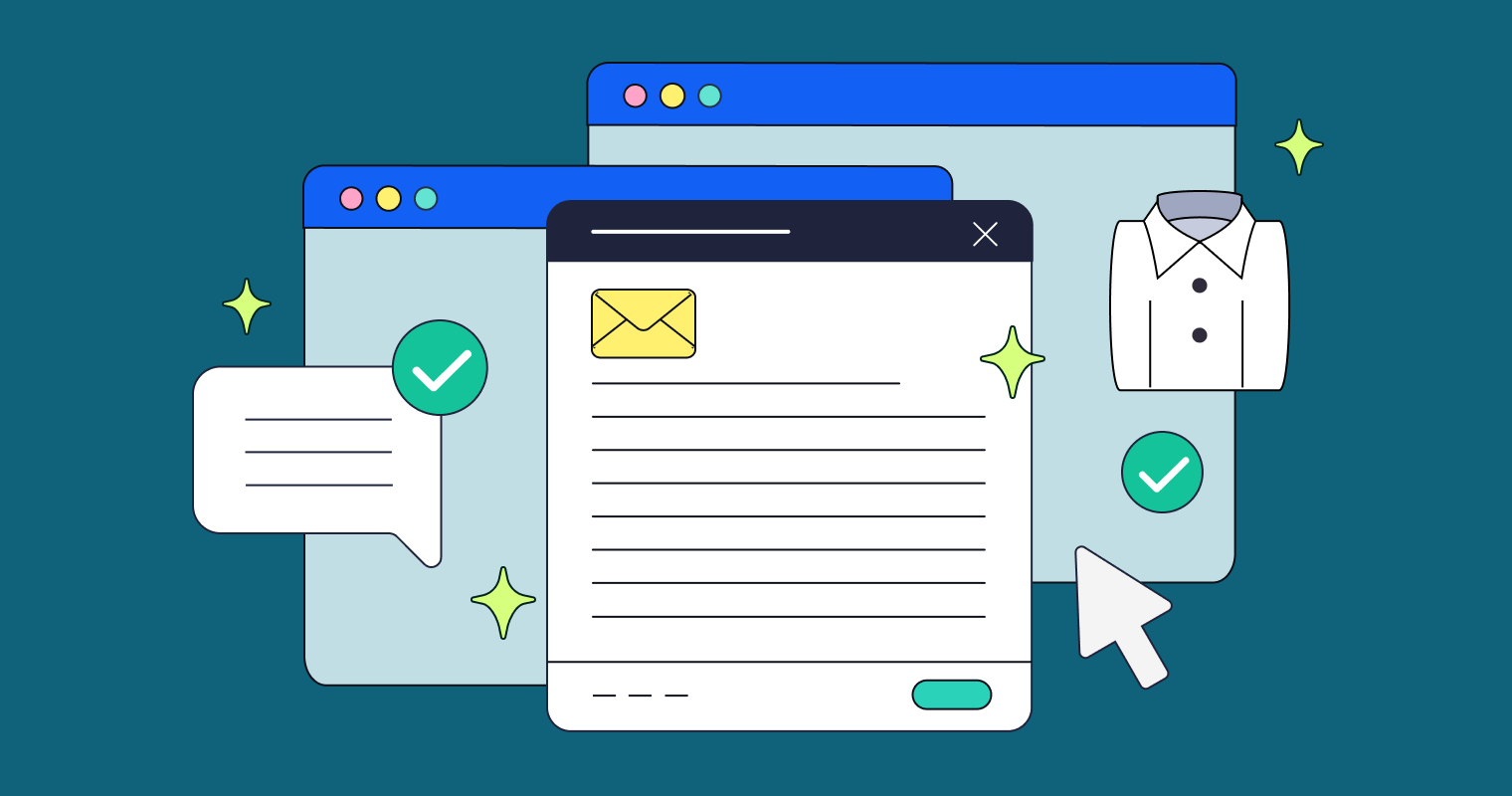
Tuesday, April 16, 2024
EOTO terms & concepts : blog #8
The Sherman Anti-trust Act of 1890 was the first measure passed by the U.S. Congress to prohibit trusts. It was named for Senator John Sherman of Ohio, a chairman of the Senate finance committee and the Secretary of the Treasury under President Hayes.
The Sherman Anti-Trust Act authorized the federal government to institute proceedings against trusts to dissolve them. Any combination "in the form of trust or otherwise that was in restraint of trade or commerce among the several states, or with foreign nations" was declared illegal. Persons forming such combinations were subject to fines of $5,000 and a year in jail. Individuals and companies suffering losses because of trusts were permitted to sue in federal court for triple the damages.
This act's positive aspect was that it was originally made to preserve our “democratic political and social institutions.” Competition in a free market benefited American buyers, workers, and taxpayers by providing consumers with lower prices, better quality, greater choice, and innovation.
The negative to this Act was that it was loosely worded and failed to define "trust," "combination," "conspiracy," and "monopoly." This left the interpretation of the act almost entirely to the judiciary.
The Sherman Antitrust Act affected different segments of society, including socio-economic status and age status.
Wealthy individuals or corporations may be targeted by the Act if they engage in monopolies or merge because it could harm their competition. Those who were poor had their competition increased, which led to lower prices and more choices for consumers, benefiting lower-income individuals.
Older individuals could have established businesses or investments that antitrust regulations could impact if they merge with industries prone to monopoly behavior. Young entrepreneurs may benefit from the Act as it creates a more general playing field, allowing them to enter markets without facing unfair competition. Males were prone to be affected by the competition because there were so many male-dominated businesses. In contrast, women-owned companies where women have a significant presence may benefit from increased competition.
The Sherman Antitrust Act can affect individuals, families, friends, and generations, depending on their involvement in the economy and various industries.
--------------------------------------------------------------------------------------------------------------------------------
Media consolidation refers to the trend where fewer and fewer large corporations own and control a significant portion of the media landscape. Recent research shows media consolidation targets local stations focusing on national politics at the expense of local politics.
This consolidation can have several positive and negative implications. The larger media benefited from economies of scale, allowing them to invest in high-quality content, advanced technology, and supplies that smaller companies may not afford. This positively lead to improved production values and better services for consumers. Media companies can cross-promote content and products over TV networks and streaming services to increase exposure and gain higher revenues. Lastly, Large media can reach audiences worldwide, impacting cultural exchange and diversity of content. This can benefit consumers who want access to various perspectives and entertainment options from different regions.
On the negative side, Media consolidation often results in fewer independent media outlets, leading to constant content and viewpoints. This limits the diversity of voices represented in the media. Consolidated media companies may prioritize national or global news over local coverage, leading to declining local journalism and lowering community engagement. When a few large corporations dominate the media, they can significantly influence public opinion, political discourse, and cultural norms. This concentration of power raises concerns about censorship, bias, and the ability of these corporations to shape public perceptions according to their interests.
Mark Cooper, the director of research at the Consumer Federation of America, conducted a study on media consolidation. The study showed a direct link between increasing media concentration and the lack of minority ownership in the media.
Women comprise 51 percent of the entire U.S. population but own only 4.97 percent of all TV stations.
Minorities comprise 33 percent of the U.S. population but own only 3.26 percent of all stations.
While female and minority ownership has advanced in other industries since the late 1990s, it has worsened in the broadcast sector.
Hispanic- or Latino-owned stations reach just 21.8 percent of the Latino TV households in the United States.
Media consolidation can profoundly impact individuals, families, and entire generations by shaping the information they receive, the cultural content they consume, and the diversity of voices they encounter. Here's how it might affect different groups:
As an individual, media consolidation can influence the sources of news and information you can access. Fewer media companies may mean a narrower range of perspectives and less diversity. Like you, your family and friends may experience the effects of media consolidation through their media consumption habits and access to information.
Media consolidation can significantly impact our generation's media landscape and consumption habits. You and your peers may rely heavily on large corporations’ digital platforms and streaming services for entertainment and information. This can affect the availability of job opportunities in media-related industries. Fewer independent media outlets may result in fewer options for aspiring journalists, content creators, and media professionals.
Overall, media consolidation can influence individuals, media, and generations by shaping the media environment, influencing cultural norms, and impacting economic opportunities in media-related fields. It's essential to be aware of these effects and advocate for policies that promote diversity, competition, and transparency in the media industry.
Our Relationship With Technology & Technology's Relationship With Us : Blog #12
I think my relationship with technology is not the healthiest because I am constantly on my phone, checking my notifications, and get a...

-
Group 2’s presentation on the mediasphere grabbed my attention because of how the mediasphere affects our opinions and lifestyle ever...
-
Artificial intelligence is a computer virus that infects achievable files. This virus is an infected file that modifies a computers functio...
-
I think my relationship with technology is not the healthiest because I am constantly on my phone, checking my notifications, and get a...







